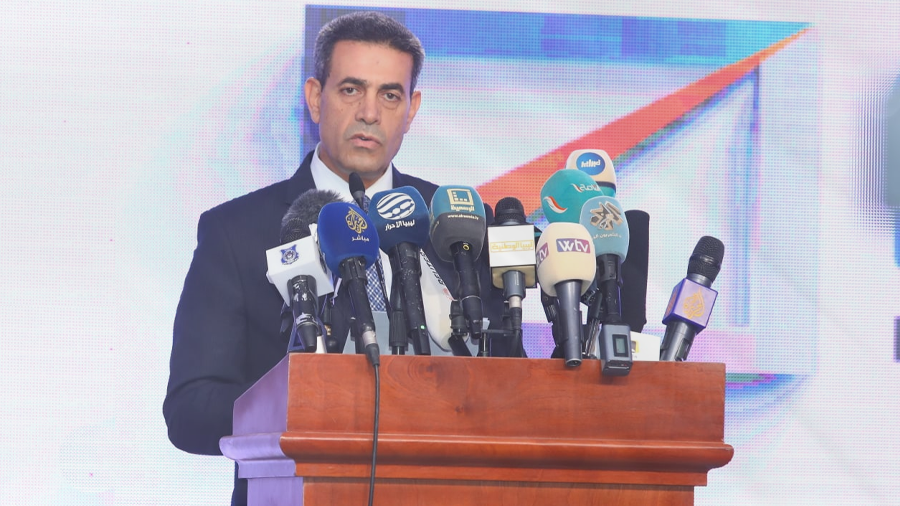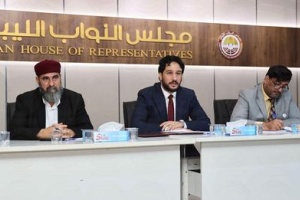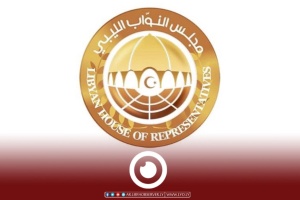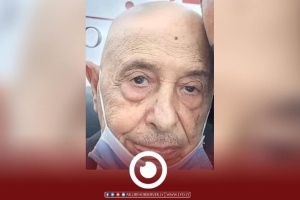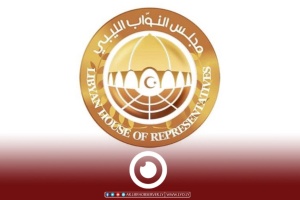The Head of the High National Elections Commission (HNEC), Emad Al-Sayeh, told the House of Representatives (HoR) in Tobruk on Monday that three reasons led to the declaration of force majeure and postponement of December 24 elections, saying the HNEC is ready, technically, to hold elections.
Al-Sayeh said that the HoR had changed some election law's rules after being approved by the HNEC and that the political situation was vital at the presidential candidates' appeals stage, adding that the HNEC received threats that warned of issuing the final list of presidential candidates.
"One presidential candidate gave fake recommendations. Some parliamentary candidates gave false education degrees and fake recommendations. The Interior Ministry was technically ready to secure the elections." He added.
He explained that conflicting judiciary rulings, and rulings after the deadline like that of Misrata appeals court are reasons behind the force majeure decision, saying the HNEC cannot look away from the rulings even if they were made after the lawful deadline.
Al-Sayeh added that threats to the HNEC also led to the force majeure decision, especially that if the HNEC published the list of presidential candidates in a certain form, the HNEC's headquarters would be attacked, knowing that no official authority backed the HNEC, not even the HoR, the Government of National Unity and freedom Presidential Council.
"The HNEC received 60 candidacies just 48 hours from December 24, while in two weeks before that, it received 40. The time wasn't enough but we had to so the vetting work to stick to the deadline." Al-Sayeh indicated.
Al-Sayeh explained that the HNEC received different elections laws than those it had discussed with the HoR in Rome meeting, saying upon revising the laws, there were lots of hurdles that the HNEC told the HoR to amend on October 07, thus expecting challenges to elections if they weren't amended.

